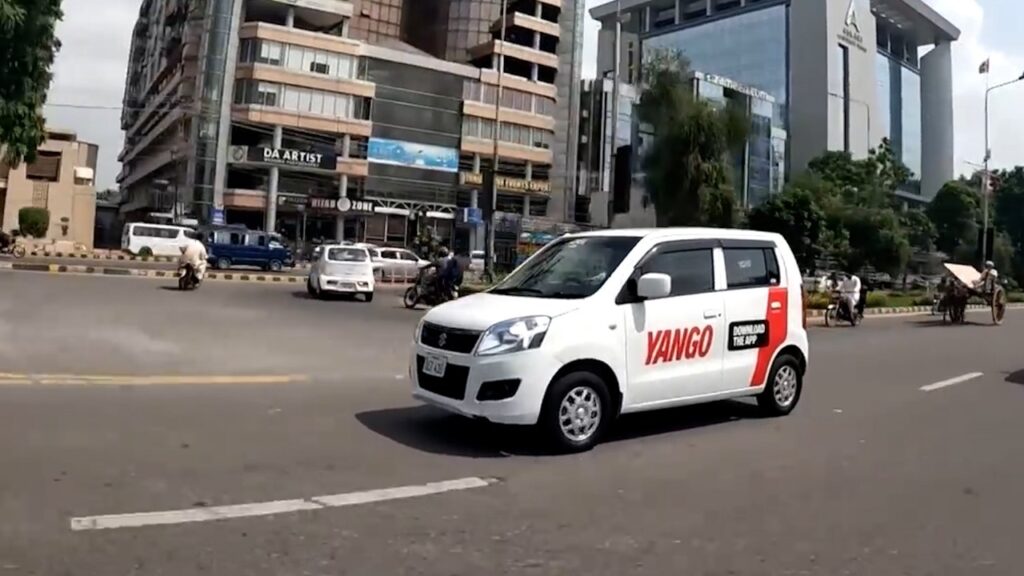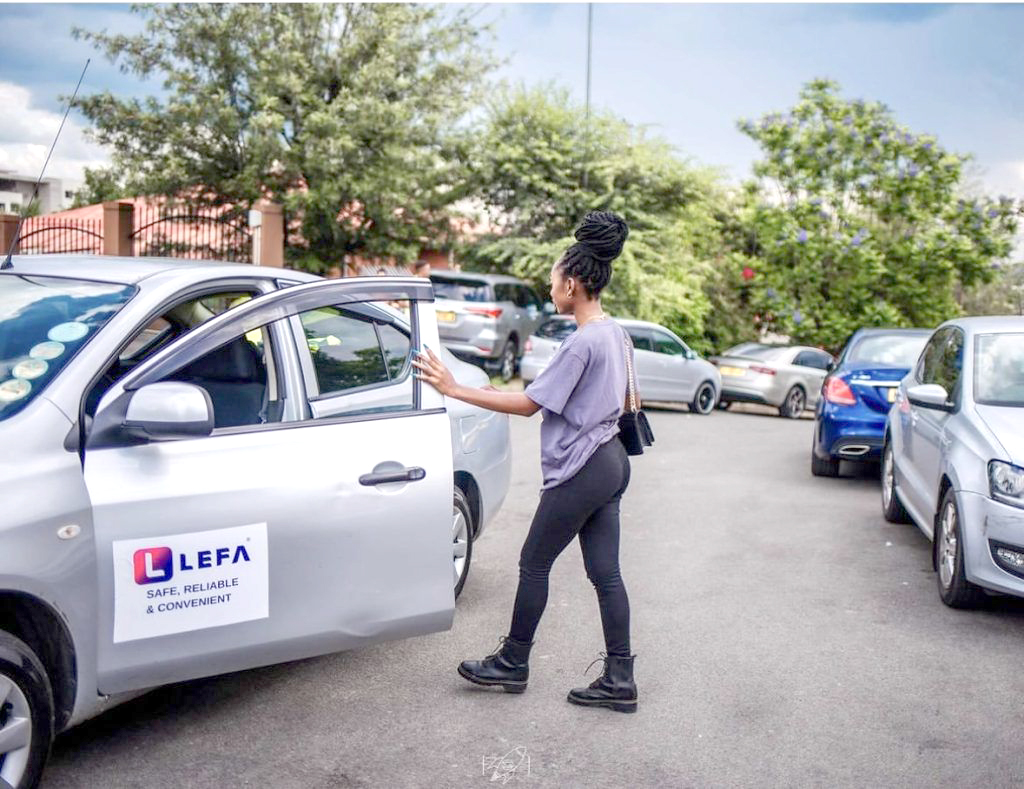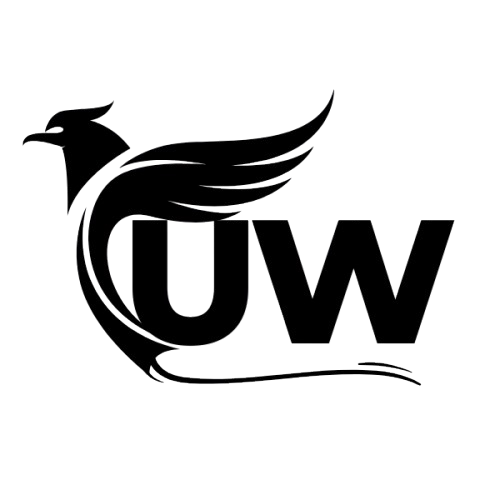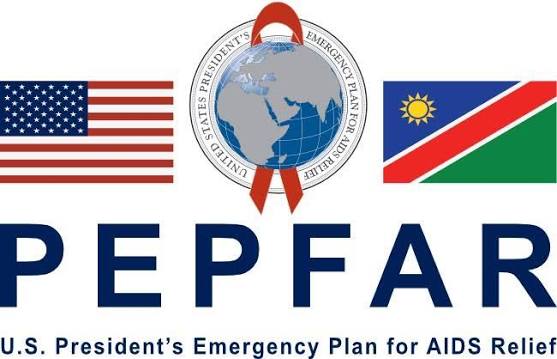
Pressure is mounting on authorities to tighten oversight of ride-hailing services operating in Windhoek, as the debate over the legality of platforms like Yango and InDrive intensifies.
The Windhoek City Police has reiterated that these digital transport platforms are not formally registered as public transport providers within the city. According to Superintendent Mercilline Murapo, spokesperson for the City Police, any vehicle offering transport for commercial purposes must possess a valid operating permit in accordance with local and national transport laws.
“Regardless of being app-based, these vehicles are still subject to the same regulatory framework as traditional taxis. At present, neither Yango nor InDrive is authorised to operate as public transport providers in Windhoek,” Murapo stated.
Murapo further explained that the City Police are stepping up enforcement efforts, including roadblocks and random inspections, to identify and penalise unauthorised transport operators. She emphasized that any vehicle found operating without the required permits is liable to be fined or prosecuted.
The City Police is also collaborating with national transport authorities to develop a legal and operational framework specifically tailored to app-based transport services. The aim is to ensure public safety, fairness, and compliance as Namibia adapts to the evolving digital economy.
This matter gained renewed attention following remarks made by Minister of Works and Transport Veikko Nekundi, who recently confirmed on a local radio programme that Yango is not legally permitted to operate within Windhoek. Nekundi stressed that all transport providers must fulfil the city’s and the country’s regulatory requirements.
In response, Yango issued a public statement denying any wrongdoing. The company said it acts as a technology platform, not a transport provider, and that each partner driver is individually responsible for obtaining all necessary permits and licenses.
“Yango is committed to legal compliance in every market where it operates. We maintain active dialogue with Namibian authorities to align our platform with the country’s regulatory framework,” the company said.
The controversy is not new. In 2023 and 2024, local shuttle operator Lefa voiced strong concerns about what it describes as unfair competition from ride-hailing platforms. Lefa founder Melkies Ausiku claimed that the presence of unlicensed and uninsured drivers operating under digital platforms is threatening the viability of legally compliant businesses.
In a formal complaint to the Namibian Competition Commission, submitted in April this year, Lefa called for an investigation into Yango’s pricing practices and its alleged failure to comply with transportation and tourism laws. The company also sent a legal letter of demand to multiple state institutions, including the City Police and the Namibia Tourism Board, urging them to take regulatory action.

While Yango has acknowledged it is in discussions with the Ministry of Works and Transport, no specific outcomes have been made public. Meanwhile, businesses like Lefa continue to warn that inaction could destabilise the city’s formal transport sector.
As Windhoek’s urban mobility landscape shifts toward digitalisation, calls for clear, enforceable regulations grow louder from law enforcement, local businesses, and policymakers alike.


























